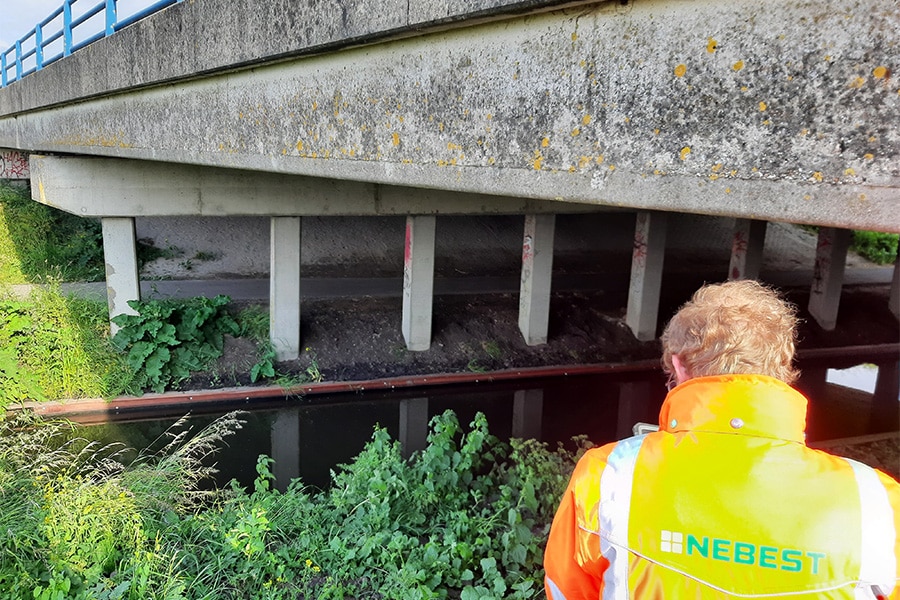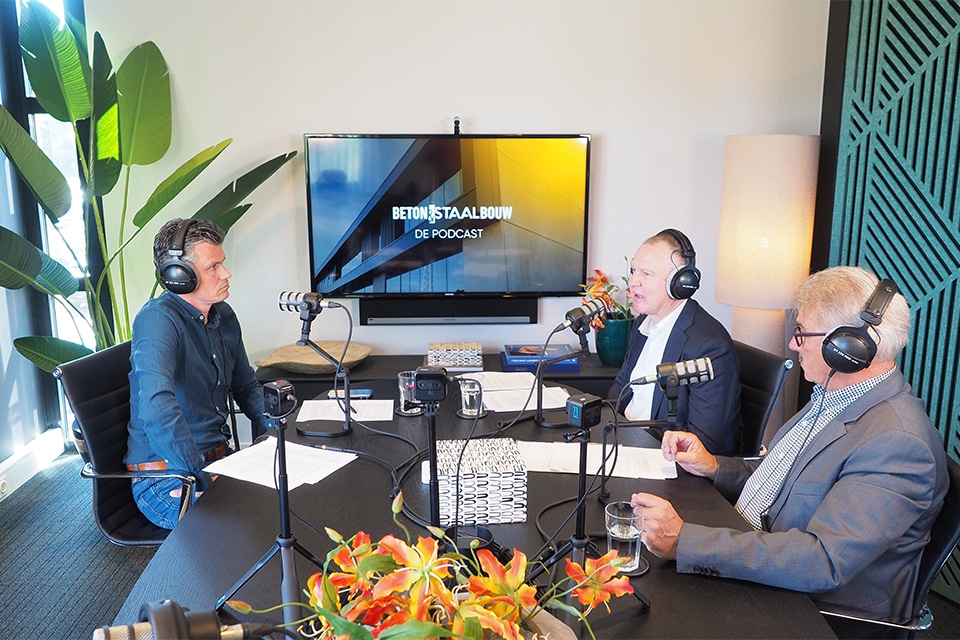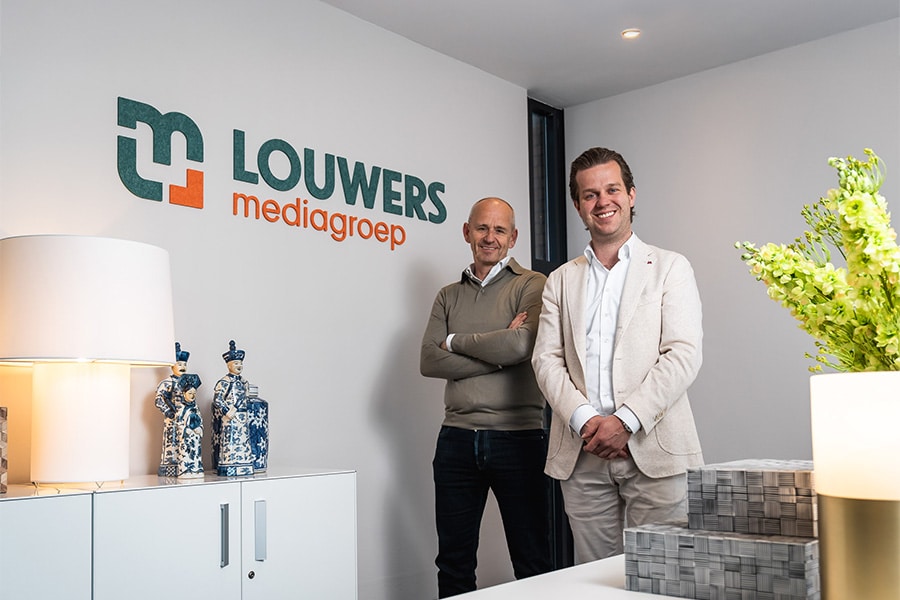
Towards a Digital System for the Built Environment
At about the same time as the BetonAkkoord in 2018, the 'DigiDeal' was concluded. Market parties, knowledge organizations and the Ministry of the Interior and Kingdom Relations joined forces under the direction of the BIM Loket to accelerate the digitization task within the sector. Meanwhile, dozens of acceleration projects are running under the umbrella of digiGO, and hard work is being done to develop the Digital System for the Built Environment (DSGO). Everything is focused on digital cooperation. "This chain-wide digitization approach is crucial to realize the sector's big tasks," says chairman of the DSGO program board Roger Tan. "It is a prerequisite for working more efficiently, more sustainably and better."

Digital developments in the sector are moving fast. Digitalization helps us further throughout the construction process, from design to management. It has become a vital production factor. Designing, testing with virtual reality, calculating complexity, simulations, serious gaming, parametric design, planning, digital twinning, execution, control ... more and more is becoming possible. Digitalization is also playing an increasing role in plant maintenance, such as planning and predictive maintenance. "Nevertheless, the recent 'digimonitor' still shows large differences between the various clusters in the sector and also in the degree of digital maturity," Tan points out. "Crucial is that investments are made not only within one's own organization, but precisely also in horizontal chains. That is where the digiGO program plays an important role, together with BIM Loket."

Next level: federated data sharing
The next digital wave challenge is already upon us. It is expected to further help us work smarter and faster together in the construction industry. By now, we are used to sending digital information from system to system. The next step is called 'federative data sharing', an application that is being hard at work on within the Digitaal Stelsel Gebouwde Omgeving (DSGO) program. Tan: "With federative data sharing, information from an application of company A is made available - under certain conditions - to an application of company B. Making an export (e.g. in PDF), packaging it and sending it digitally and then unpacking and importing it are then things of the past. Data stays with the owner (the source) and the user can retrieve it when needed."
Good agreements
For this, however, the "Digital Trust" must be properly regulated. After all, the data may only end up in the hands of the right party and may only be used for the intended purposes. Proper agreements must also be made about data models and the content of digital transactions. "Federated data sharing is the new step in tackling the ever-increasing societal challenges," Tan is convinced.

Digital Savvy
"Digitalization is moving fast and certainly helps us move forward, but let's not forget to include people in these developments. People are and will continue to be vital. 'Digital Savvy' - the smart use of digital capabilities - is becoming a core competency for everyone working together within the design, construction and engineering sectors."

Together with the industry
That makes it important to develop the DSGO together with the industry. "A representative representation in the program is essential," Tan concludes. "To this end, we are looking for parties who feel this appeals to us."



